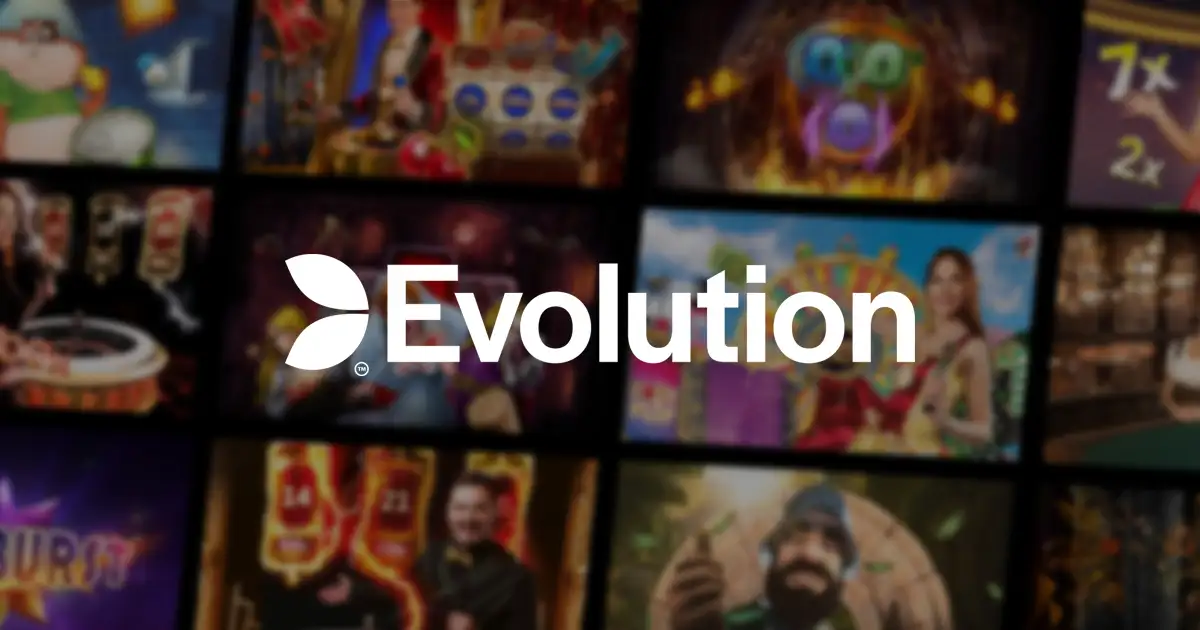Why Evolution’s share price is falling despite its profits
Evolution AB, the world leader in live casino games and a Stockholm-listed supplier, remains one of the most profitable companies in its sector. But profitability is no longer enough to reassure the markets.
An iGaming giant weakened by its market choices
In one month, its share price fell by nearly 10%, from over SEK 880 at the beginning of August 2025 to less than SEK 800 at the beginning of September. This decline equates to a loss of approximately SEK 13 billion in market capitalisation.
Massive share buybacks, intended to support the share price, have not reversed the trend. Why? Because the central issue goes beyond simple volatility: Evolution is accused of deriving a significant portion of its revenue from unregulated, and in some cases illegal, markets.
When the US courts close the door, doubts remain
In early September 2025, a US federal court dismissed a class action lawsuit brought by ADR investors. They accused Evolution of downplaying its exposure to potential sanctions in jurisdictions that prohibit or severely restrict online gambling.
The case was dismissed on grounds of jurisdiction, not on its merits. In other words, the plaintiffs did not win their case, but suspicions remain.
These concerns are not new. As early as 2021, media investigations had already revealed the presence of Evolution products on unlicensed sites. The company promised an internal audit. Four years later, criticism has resurfaced, amplified by growing attention from regulators.
Regulators are tightening the noose
The UK Gambling Commission (UKGC), one of the most influential authorities in Europe, has closely examined Evolution’s business relationships. Spelinspektionen in Sweden and the Australian authorities have also targeted client operators suspected of circumventing the law.
The problem is systemic: if a supplier feeds sites operating in prohibited markets, it becomes part of a chain that is considered illegal. Evolution’s recurring argument – that it has no control over where its games appear once they have been licensed to operators – is becoming less and less convincing.
On paper, Evolution remains extremely profitable. But this profitability is based in part on grey or black markets. As long as the authorities turn a blind eye, revenues continue to flow in. But regulatory intervention could wipe them out overnight.
Investors are aware of this. In January 2025, the share price had already fallen by 12% following media revelations. In April, disappointing quarterly results caused a further 16% drop. August saw an additional decline of nearly 10%.
The repetition of these episodes paints a worrying picture: every time the issue of unregulated markets comes up, Evolution’s value plummets.
Why Evolution attracts more attention than its rivals
Other providers, such as Pragmatic Play and Hacksaw, also appear on unregulated sites. But Evolution is in the spotlight for two reasons: its size and its dominant position.
Being the industry leader means being more closely monitored. Regulators want examples, the media favour large companies, and investors prioritise scrutinising the number one.
The strategic dilemma: rapid growth or sustainability?
The history of the gaming industry offers precedents. Players who were overly dependent on prohibited markets saw their valuations collapse when regulation tightened. Those that switched to regulated markets survived, but at the cost of slower growth.
Evolution now finds itself at this crossroads. Should it continue to prioritise quick but risky revenues, or accept more moderate growth by establishing itself in authorised jurisdictions?
Investors are sending a clear message: the current model is inspiring less and less confidence.


